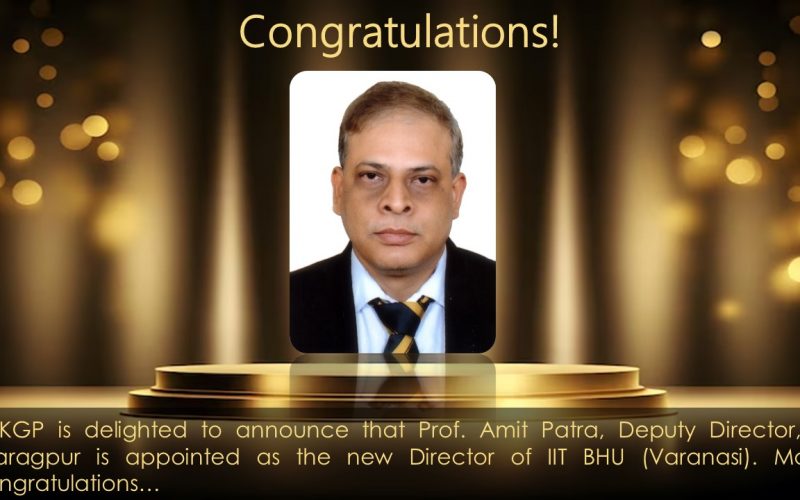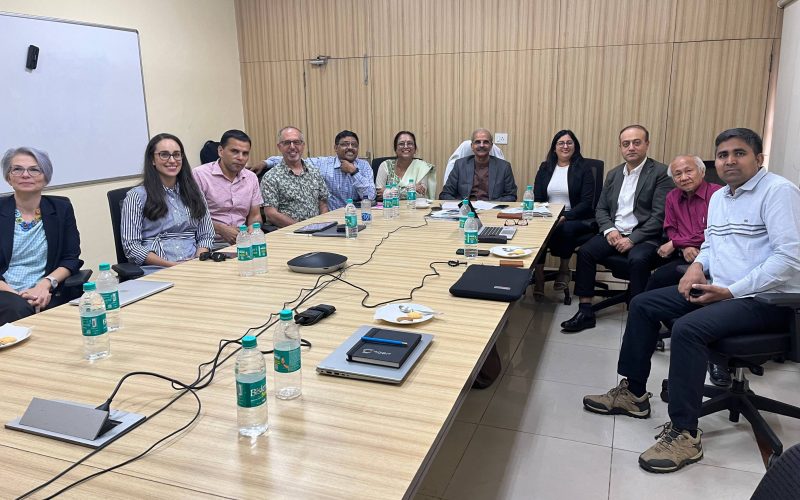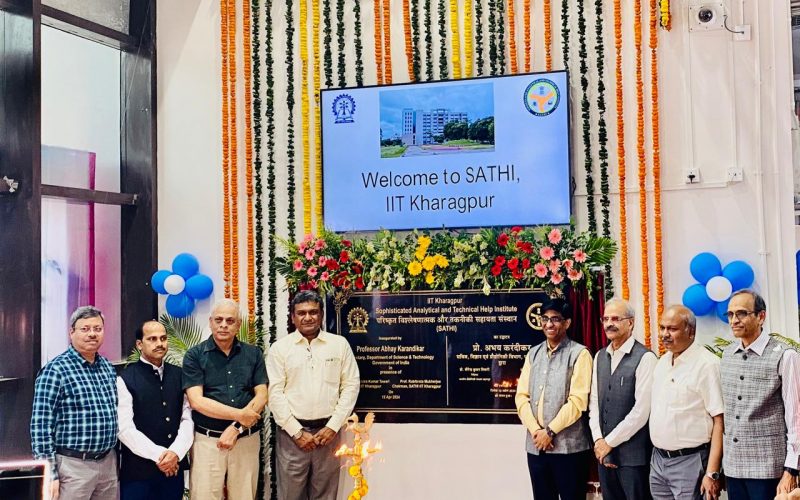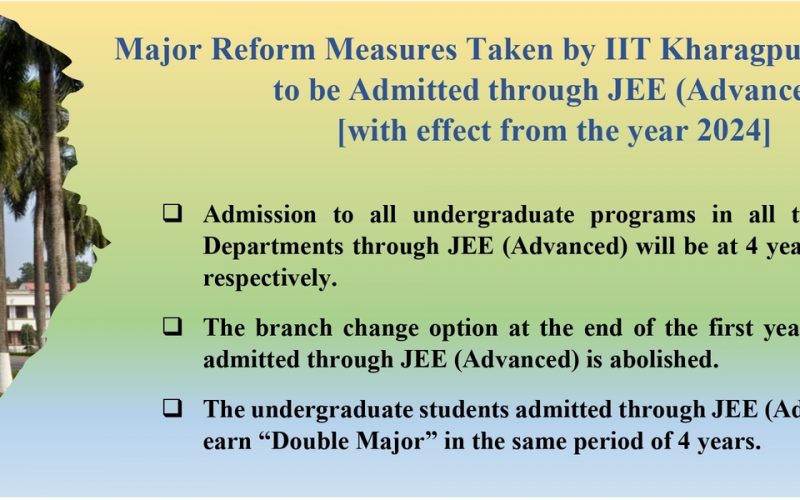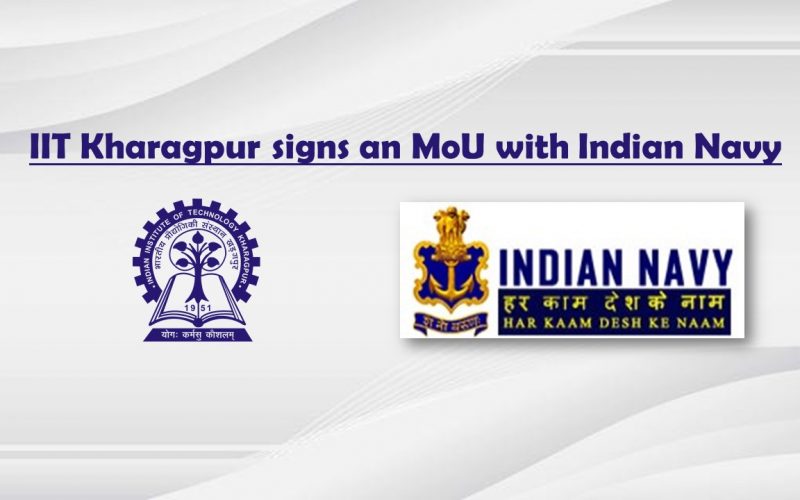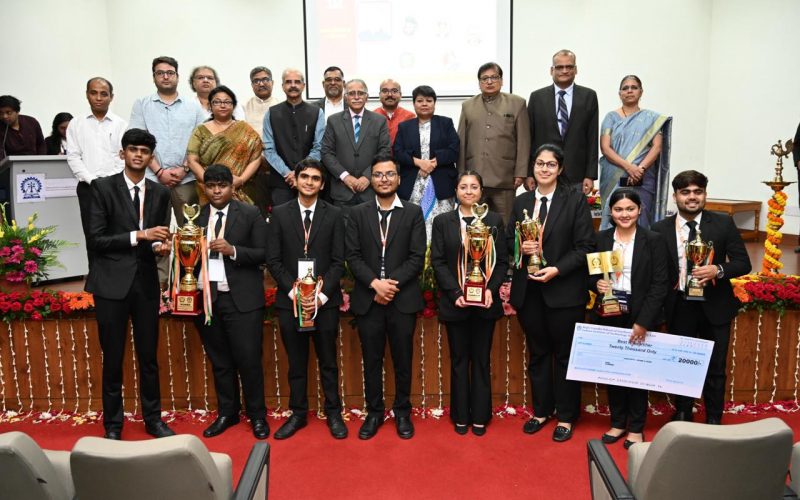
Order Order!! The 5th National Moot Court Competition was a star-struck affair at IIT Kharagpur
Rajiv Gandhi School of Intellectual Property Law (RGSoPIL) of IIT Kharagpur conducted the 5th National Moot Court Competition from 29th to 31st March, 2024. The inaugural ceremony witnessed the presence of eminent law practitioners including Hon'ble Justice Mr. I P Mukherjee, Judge, Calcutta High Court who was the Chief Guest of the programme along with Prof. (Dr.) Dilip Ukey, VC, MNLU, Mumbai, the Guest of Honour. Prof. Dipa Dube and Dr. Shreya Matilal RGSoPIL were the convenors of the programme. IIT Kharagpur has been organizing the National Moot Court Competition (NMCC) with great enthusiasm. Through its rigorous and engaging format,…

